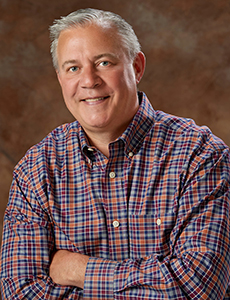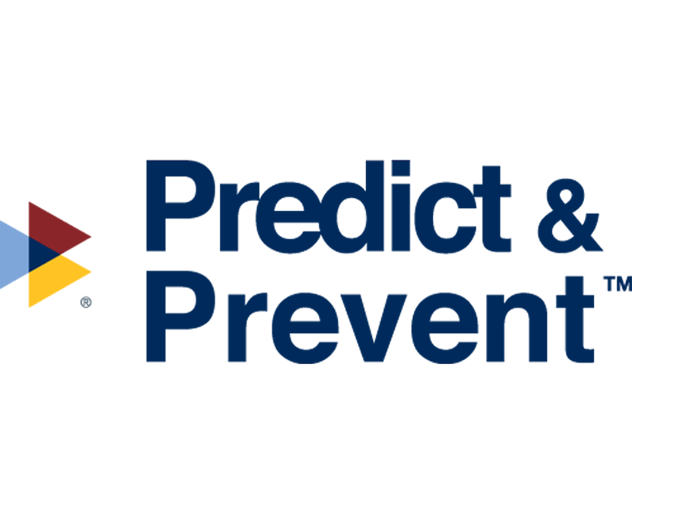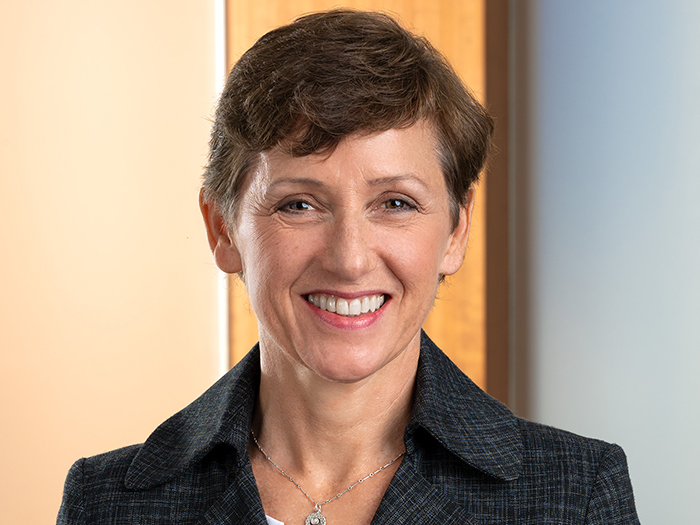Sponsored Content by C-Screen
Lots of Home Health Agencies Claim to Only Hire the Best. A New Employer Rating Tool Lets Insurers See for Themselves

If you’ve ever had to find a caregiver for a family member, you understand how stressful the decision can be. How do you know you can trust the people responsible for your loved one’s health and safety?
Many find peace of mind in the assumption that the long-term care and home health industries are highly regulated. After all, there must be strict employee screening standards to ensure only the most qualified professionals are entrusted with the care of such a vulnerable population.
Unfortunately, that is not the case, and most families only find this out once they discover some form of abuse or negligence.
According to the World Health Organization, roughly one in six people age 60 years and older experienced some form of abuse in nursing homes and long-term care (LTC) facilities in 2018. Elder abuse is only likely to increase given the growing proportion of the population over age 65.
“If you search ‘caregiver arrested’ on the internet, you’ll find pages of articles where caregivers have committed crimes against the elderly,” said Chris Rothwell, CEO and Co-Founder of C-Screen, a rating system that awards employers based on the strength of their employee screening practices.
After spending 30 years as a risk management expert, Rothwell noticed a wide disparity in the way nursing home and home health agencies screen their workers, and that consumers had no reliable way to assess or compare these practices.
“We want people to make more informed decisions when they’re hiring a caregiver,” he said. The data generated to feed the algorithm also allows insurers a more accurate view of caregiving companies’ risk management practices.
Flaws in Traditional Screening Assessments

Chris Rothwell, CSP, ARM, MS, CEO & Co-Founder, C-Screen
Typically, when an underwriter is gauging the risks associated with a health care agency, the agency itself is the primary source of information.
“When I worked in the insurance industry and would look at a potential new piece of business, we would ask the business what type of background checks or drug testing they perform,” Rothwell said. “There was no way to collect that data other than calling them on the phone or asking in a face-to-face meeting.”
The questions asked are also most often limited to the minimum background check requirements set by the state. Regulations vary from one state to the next, but in many cases home health agencies are only required to conduct a criminal background check, without further investigation into things like sex offender registries, involvement in civil lawsuits, substance abuse history, or reasons for previous employment terminations.
To gain a true sense of what an employer is doing behind the scenes, data needed to be gathered from additional sources beyond the HR department and go beyond minimum regulatory requirements.
“C-Screen’s ratings are not based on what the government requires,” Rothwell said. “They are based on the best practices in screening.”
How the Algorithm Works
C-Screen gathers its data in three ways.
The first method of data collection is driven by artificial intelligence. Through a partnership with ACCRETE.AI, C-Screen deploys web scraping and machine learning technology to scan the internet for information on tens of thousands of LTC and home health agencies at a time, building a database that allows consumers to compare one employer to another and underwriters to apply a more data-driven lens to their view of risk.
The second data stream comes from employers willing to dig deeper into their own risk management practices.
“Employers can come to our website and answer a series of yes or no questions regarding their screening practices. It’s very simple because it’s binary—you either do these things or you don’t. This allows us to get information that isn’t made public anywhere else, but the employers have to be willing to share it,” Rothwell said.
Also, consumers can send a message from the C-Screen website to an employer asking them to submit their profile.
The third method of data collection is from publicly available sources including the employer’s own website and employer review sites.
“We’ll go to a company’s Glassdoor page and read posts from people who have worked there or applied there. They may say, ‘I applied for caregiver job, they required a pre-employment drug test, a tuberculosis test and proof of Certified Nursing Assistant license.’ So, we can glean a lot of information that way,” Rothwell said.
Once this data has been collected, a rating is generated based on 19 different attributes, each one weighted to reflect the level of risk associated with not practicing that method of screening. Attributes are different for each industry and are broken up into three different categories: employment eligibility, background, and substance abuse.
Employment eligibility includes things like I9 and Social Security verification, as well as checks into professional certification and licenses. Background includes standard state and federal criminal background checks, as well as checks into credit history, motor vehicle reports, sex offender registries, civil lawsuits, and specific incidences of fraud or abuse, among others. Substance abuse includes pre-employment, post-injury, reasonable suspicion, and random drug testing.
An employer that applies all 19 screens would earn a perfect rating of 100.
Increased Safety and Transparency: Benefits for Every Stakeholder
What began as a tool to help concerned families choose the best caregiver has ultimately served several purposes for a number of stakeholders.
For one thing, rating employers provides an incentive to improve, as a high rating provides a competitive advantage. C-Screen’s reports effectively serve as a risk management roadmap, helping companies identify where they fall short and how they can increase their rating. Ultimately, this drives accountability for less stringent agencies and makes the industry safer as a whole.
“We had, for example, a home health agency complete the questionnaire on our website. They indicated that they were not checking sex offender registries as part of their routine screens. When I asked why not, they replied that they weren’t aware of the registries,” Rothwell said.
“I explained that the national registry is publicly available, easy to search and costs absolutely nothing. The company then incorporated the national sex offender registry into their screening process. Our feedback ultimately adds value for them and makes them a safer organization.”
For the insurance industry, the C-Screen platform opens up access to a new, larger set of data than has never been available regarding employer screening practices. That means carriers can make better underwriting decisions and loss control recommendations, without going through the manual data collection process.
“Brokers can also leverage high ratings to advocate for their clients at renewal. In the LTC and home health industries, there is simply no other tool like this that quantifies a risk as succinctly as C-Screen,” Rothwell said.
The patent-pending C-Screen rating system includes custom algorithm ratings for 20 industries. Long term care and home health agency ratings will be available in the third quarter and restaurant and child care industry ratings are targeted for the end of 2020. Rothwell says his ultimate goal is to generate C-Screen rated listings for every employer in America, providing a new level of transparency into business practices that reduce risk for consumers and insurers alike.
To learn more, visit http://www.c-screen.com.
This article was produced by the R&I Brand Studio, a unit of the advertising department of Risk & Insurance, in collaboration with C-Screen. The editorial staff of Risk & Insurance had no role in its preparation.










